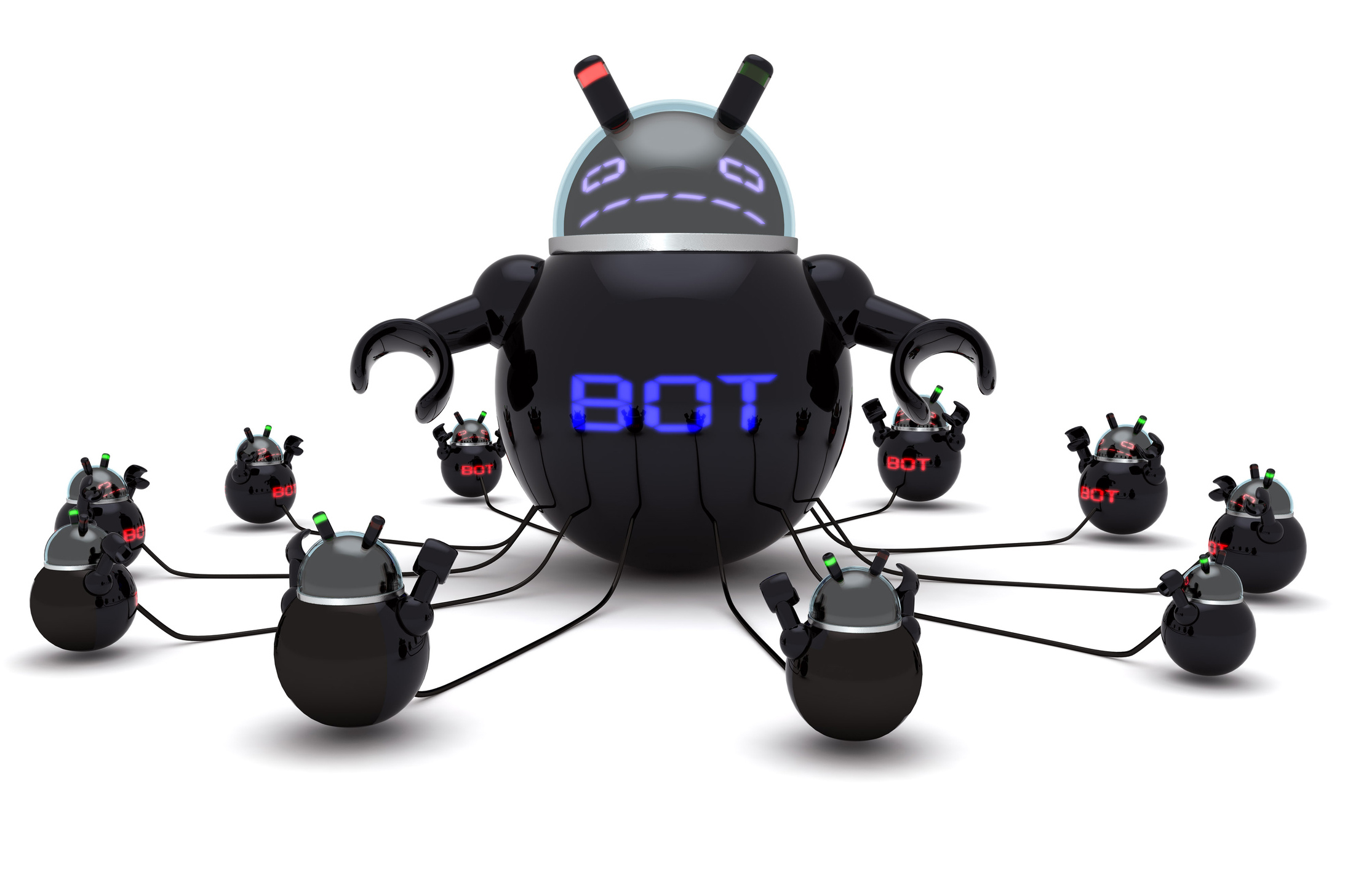D-Link routers under siege from months-long DNS hack
The attackers are running malicious IPs through a Google Cloud Platform virtual machine


An ongoing hacking campaign is targeting consumer network routers, mainly D-Link branded ones, which hijacks DNS traffic redirecting users away from legitimate sites and towards malicious clones.
The attackers made attempts on vulnerable router firmware using a Google Cloud Shell which, according to Troy Mursch, a security researcher at Bad Packets, who discovered the issue, is notoriously easy to abuse.
"Anyone with a Google account can access a 'Google Cloud Shell' machine by simply visiting [the Cloud Shell URL]. This service provides users with the equivalent of a Linux VPS with root privileges directly in a web browser," said Murshc. "Due to the ephemeral nature of these virtual machines coupled with Google's slow response time to abuse reports, it's difficult to prevent this kind of malicious behavior."
What is a DNS server? Phishing attacks hook half of UK organisations over the past two years
Mursch said he found three waves of these attacks dating back to December 2018, tweeting about them as and when they were discovered. IT Pro has contacted D-Link for its side of the story but has not immediately replied.
The attack works by injecting the IP addresses (four have been used so far) of rogue DNS servers inside the vulnerable routers. The servers changed the IP addresses of legitimate sites to malicious copies the attackers were running. The attack is still running at present.
It points to a sophisticated phishing attack where unsuspecting users would visit the seemingly legitimate site and input their real login credentials ready to be intercepted by attackers.
The attack should be heeded by consumers and businesses alike because although only consumer home routers are affected, remote working culture is on the up and SMBs are also known to rely on home network packages and routers as enterprise offerings are too costly and provide more service than required.
Get the ITPro daily newsletter
Sign up today and you will receive a free copy of our Future Focus 2025 report - the leading guidance on AI, cybersecurity and other IT challenges as per 700+ senior executives
There was a fairly high-profile example of this happening back in October 2018 where Brazillian banks were targeted via DNS hijackers, again harnessing three-year-old exploits in D-Link routers, according to Radware researchers.
The leader of an Estonian cybercrime group was charged in 2018 after pleading guilty to the distribution of malware called DNSChanger. Once infected, the malware would change the DNS settings on infected computers (Windows and Mac versions were about), replacing legitimate ads on websites with ads that would reward the man's own company Rove Digital.
Between 2007 and 2011, the company lead by Vladimir Tsastsin, 35, and six other men raked in $14 million through click hijacking and ad-replacement fraud.
The group were originally arrested in 2011 and later acquitted until 2014 where the Estonian Supreme Court revoked their acquittal and charged them for money laundering.

Connor Jones has been at the forefront of global cyber security news coverage for the past few years, breaking developments on major stories such as LockBit’s ransomware attack on Royal Mail International, and many others. He has also made sporadic appearances on the ITPro Podcast discussing topics from home desk setups all the way to hacking systems using prosthetic limbs. He has a master’s degree in Magazine Journalism from the University of Sheffield, and has previously written for the likes of Red Bull Esports and UNILAD tech during his career that started in 2015.
-
 How the UK MoJ achieved secure networks for prisons and offices with Palo Alto Networks
How the UK MoJ achieved secure networks for prisons and offices with Palo Alto NetworksCase study Adopting zero trust is a necessity when your own users are trying to launch cyber attacks
By Rory Bathgate
-
 Putting small language models under the microscope
Putting small language models under the microscopeITPro Podcast The benefits of small language models are undeniable – but they're no silver bullet
By Rory Bathgate
-
 DNS loophole could allow hackers to carry out “nation-state level spying”
DNS loophole could allow hackers to carry out “nation-state level spying”News Sensitive data could be accessed from corporate networks using vulnerability
By Rene Millman
-
 What is DMARC and how can it improve your email security?
What is DMARC and how can it improve your email security?In-depth Protect your customers and brand rep with this email authentication protocol for domain spoofing
By Gabriella Buckner
-
 Cloudflare and Apple launch privacy-focused DNS protocol
Cloudflare and Apple launch privacy-focused DNS protocolNews Oblivious DNS-over-HTTPS safeguards users' browsing habits from third parties
By Sabina Weston
-
 What is DNS?
What is DNS?In-depth We explain what DNS is, how it works, and how outages can be avoided
By Dale Walker
-
 SMBs warned over corrupted SOHO router risk
SMBs warned over corrupted SOHO router riskNews Team Cymru researchers claim 300,000 routers may have had their DNS settings changed by cyber criminals.
By Caroline Donnelly
-
 Will the FBI close down your online business this March?
Will the FBI close down your online business this March?In-depth In tackling the DNSChanger botnet, the FBI may take a load of businesses offline. Davey Winder is, unsurprisingly, anxious...
By Davey Winder
-
 DNS Changer botnet smashed in major cyber crime bust
DNS Changer botnet smashed in major cyber crime bustNews A botnet that is thought to have earned its controllers $14 million is dismantled.
By Tom Brewster
-
 ‘Climate of fear’ is best weapon against cyber crime
‘Climate of fear’ is best weapon against cyber crimeNews A member of the Serious Organised Crime Agency has claimed cyber criminals are best tackled through fear of prosecution.
By Jennifer Scott